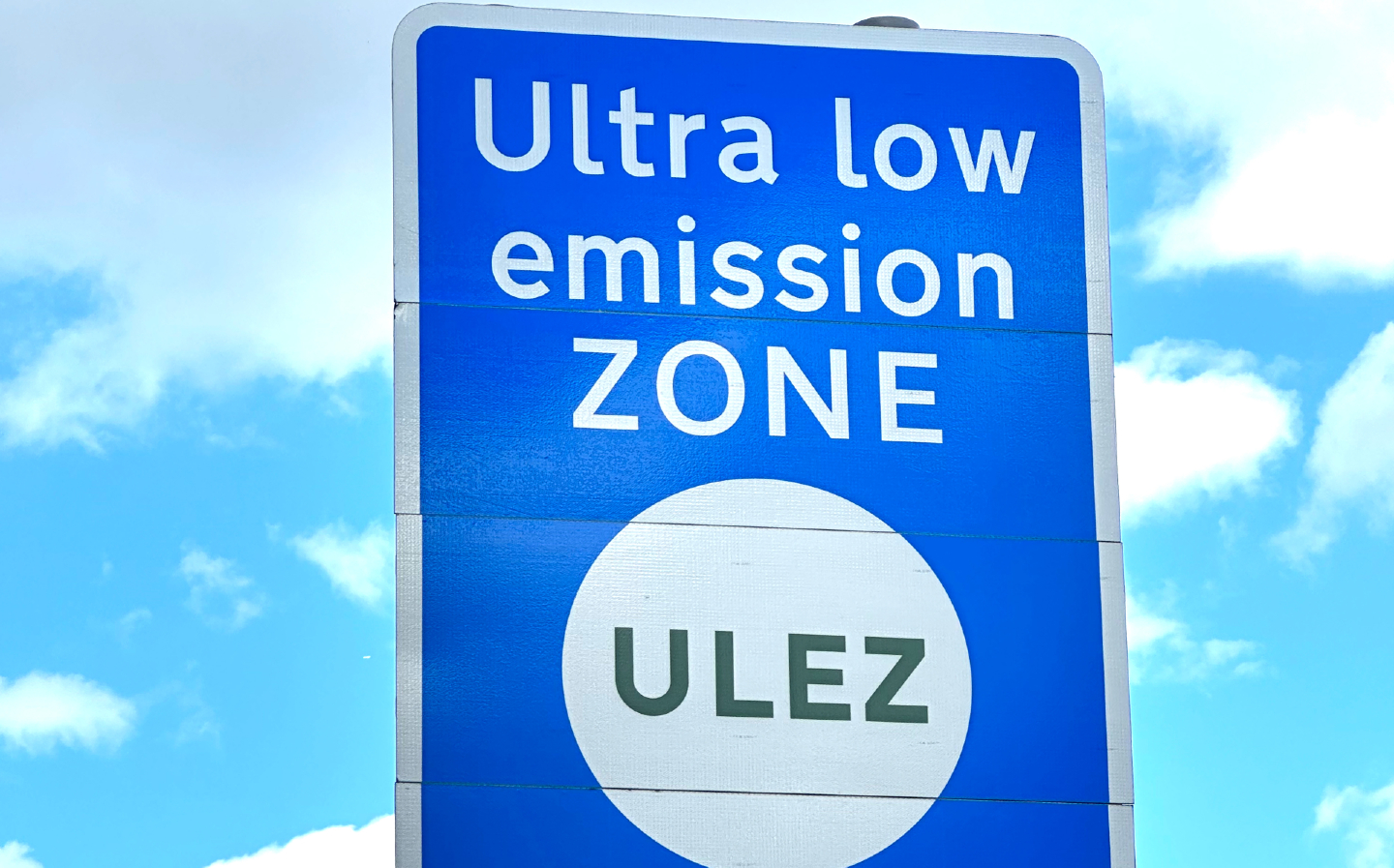Failed Ulez challenge cost Surrey County Council £140,000
A small sum compared to the authority's communications, public affairs and engagement budget
Surrey County Council reportedly spent £140,000 of taxpayers’ money on a failed legal challenge to the expansion of London’s Ultra Low Emission Zone (Ulez).
The London Ulez requires drivers of more polluting cars, based on the emissions standards to which their engines were built, to pay £12.50 to drive within the zone. On August 29, London mayor Sadiq Khan pushed ahead with his planned expansion of the zone, from within the north and south circular roads to cover all of London’s boroughs.
To avoid the fee, motorists must drive either a petrol-fuelled car that meets the Euro 4 emission standard or a diesel car that meets the Euro 6 emission standard.
Along with the London boroughs of Bexley, Bromley, Harrow and Hillingdon, Surrey County Council challenged the expansion in court citing added hardship during the cost of living crisis for its poorer residents, who may need to replace their older cars and vans to avoid the charges.
Although the zone was originally implemented to tackle air quality on the streets of London, Surrey County Council was concerned about the financial impact on residents travelling into London boroughs for work, school or any other reason.
In the run up to and after the expansion, Khan expressed the need for the expansion in order to improve the health of Londoners and, indeed, save lives. However he has come under fire from those who believe asking people to switch their cars during tough financial times is unfair.
Though there are many affordable cars on the used market that are compliant, many members of the public agreed with the criticisms and the Ulez expansion was cited as a key reason for Labour’s surprise failure to take the Uxbridge and South Ruislip parliamentary seat in a by-election earlier this year.
Such was the fallout from the by-election that Labour leader Sir Keir Starmer reportedly told Khan to “reflect” on the Ulez expansion after the Conservatives held on to Boris Johnson’s old seat.
Numerous other political figures and organisations called on the mayor to reconsider the move.
Surrey County Council’s challenge went to the High Court earlier this year, but a ruling in July deemed the zone’s expansion legal.
According to Surrey Live, the council confirmed its total costs amounted to £139,528.20, including a £100,000 payment to contribute to the Transport for London (TfL) legal costs. The remainder comprises a contribution to the combined legal costs of the five authorities.
Tim Oliver (Conservative, Weybridge), the leader of Surrey County Council, said the ruling was “incredibly disappointing” but that the council would respect the court’s decision.
He told the local news site: “This has always been about protecting Surrey residents, many of whom will now be significantly socially and financially impacted by the mayor’s decision as they go about essential, everyday journeys, without any mitigation in place to minimise this.
“Our concerns, which have never been addressed by the mayor despite our continued efforts, forced these legal proceedings to ensure we did all we possibly could to have the voice of our residents heard.”
After the ruling, Khan said the expansion would “help five million more Londoners… breathe cleaner air.”
He added: “The decision to expand the Ulez was very difficult and not something I took lightly, and I continue to do everything possible to address any concerns Londoners may have. Air pollution is an urgent public health crisis — our children are growing up with stunted lungs, and it is linked to a host of serious conditions, from heart disease to cancer and dementia.”
The financial burden of the ruling, however, will clearly place extra pressure on Surrey County Council at a time when local authorities across the country are struggling for cash.
Last year the council’s own financial strategy revealed the need to save £150m over five years, but given the council’s budget for 2023-24 allows it to spend £2.2m a year on “communications, public affairs and engagement”, it could be argued that the £140,000 fee is a comparatively small sum.
Related articles
- If you found the news about Surrey County Council’s legal fees interesting, you may want to read how London car dealers are reportedly turning away non-ULEZ-compliant trade-ins
- Is your car exempt from the ULEZ charge?
- Thinking of going electric? Read our guide to all the car makers’ EV plans
Latest articles
- Skoda creates digital showroom on Amazon in European first
- Porsche 911 Carrera S 2025 review: Harder, better and faster – but is it the best 911?
- F1 2025 calendar and race reports: The new Formula One season as it happens
- Seven great automotive events to visit this summer, from F1 to art and champagne
- Watch new Porsche 911 GT3 smash Nürburgring record for manual cars
- Skoda Elroq 2025 review: Czech carmaker can’t seem to miss with its electric family cars
- Five best electric cars to buy in 2025
- Should I buy a diesel car in 2025?
- Zeekr 7X AWD 2025 review: A fast, spacious and high tech premium SUV — but someone call the chassis chief














